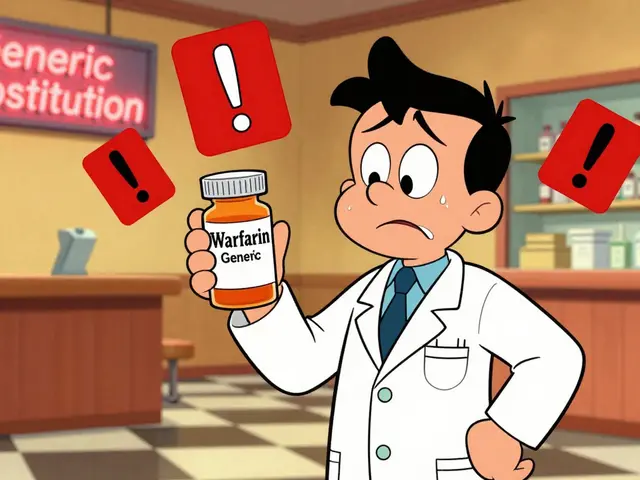Abiraterone — Practical Guide for Patients
Abiraterone has changed treatment for many men with advanced prostate cancer by cutting the hormones that feed tumors.
It blocks an enzyme called CYP17A1 so the body makes much less testosterone. Doctors usually give abiraterone as the acetate pill (brand name Zytiga) together with a low dose steroid like prednisone to prevent certain side effects.
Who gets it? Men with metastatic castration‑resistant prostate cancer often get abiraterone. It is also used with hormone therapy for some men with high‑risk metastatic hormone‑sensitive disease. Your doctor will decide based on cancer stage, PSA, scans, and overall health.
How to take it. Take abiraterone on an empty stomach — at least one hour before or two hours after food. The typical dose is 1000 mg once daily (four 250 mg tablets) plus prednisone, commonly 5 mg twice daily. Take the pill at the same time every day and swallow whole.
Side effects to watch for. Abiraterone can raise blood pressure, cause low potassium, fluid build‑up, liver enzyme increases, fatigue, joint pain, and nausea. Check blood pressure, potassium, and liver tests before starting and regularly while on treatment. Call your clinic for new swelling, shortness of breath, yellowing skin, or dark urine.
Drug interactions and precautions. Abiraterone can interact with strong CYP3A4 modifiers and some blood thinners or heart drugs. Avoid grapefruit and tell your doctor all medicines and supplements you take. If you have heart disease, liver problems, or uncontrolled high blood pressure, discuss risks carefully.
Practical tips for patients. Keep a list of side effects and labs. Bring a medication list to appointments and ask how often you need blood work. If finances are a concern, ask about generic abiraterone options, patient assistance, or support programs through the clinic or pharmacy.
What to expect from treatment. Many men have slower cancer growth and improved symptoms on abiraterone. It usually takes weeks to see PSA drops or symptom changes. If side effects are severe, doctors may pause treatment, adjust dose, or switch therapies.
Questions to ask your team. Ask why abiraterone is recommended for you, how it fits with other treatments, what monitoring is needed, and what to do if you miss a dose or have side effects. Clear plans make treatment easier to follow.
Final note. Abiraterone is a powerful tool against advanced prostate cancer, but it needs careful monitoring. Talk openly with your care team and report problems early so you get the most benefit with the least harm.
Where to find reliable information and support. Use trusted sources like your oncology clinic, official drug labels, or national cancer organizations. Pharmacists can review interactions and help with insurance paperwork. If you join a support group, you can hear real patient experiences about side effects and daily life on treatment. Keep notes from appointments and lab results so you can track changes over time. If something feels off, call your clinic rather than waiting. Your care team is the best source for personalized advice and next steps.





